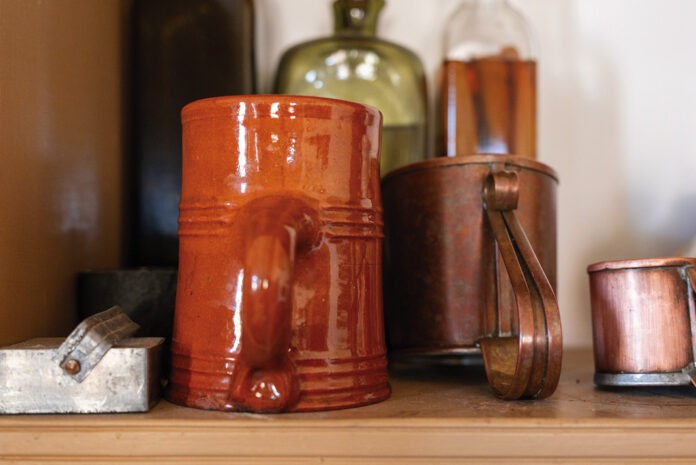Happy New Year! Have you decided on any goals for 2024? If so, you’re in good company, with about 44% of the U.S. population doing the same, according to a 2023 Forbes Magazine poll. You’re also taking part in a tradition that goes way back, combining the start of a new year with the tradition of making resolutions for self-improvement.
Before 1752, there were two calendars in use—the Julian, introduced by Julius Caesar in 45 B.C., and the Gregorian, introduced by Pope Gregory VIII in 1582. The Julian calendar marked the New Year on March 25, during the spring equinox, while the Gregorian celebrated it on January 1. In England, this meant some double observance. The diarist Samuel Pepys made note of January 1 in the diary he kept between 1660 and 1669, sometimes giving or receiving presents to mark the day, and sometimes allowing the day to pass without comment. In the same period, Irish essayist Jonathan Swift offered a belated greeting to a friend, “I forgot to wish you yesterday a happy New Year, You know the 25 of March is the first day of the Year.”
While the New Year date varied depending on the calendar followed, resolutions, or resolves, were made throughout the year. In 1726, Benjamin Franklin wrote a “Plan of Conduct” with resolutions to guide his life, including practicing frugality, paying debts, and speaking with truth. James Iredell of Edenton, North Carolina, resolved in 1772 to use a daily diary to reflect on his time and improve his habits. In 1775, John Wesley, the father of Methodism, introduced the Covenant Renewal service, which gradually became linked with January 1.
In 1752, England and its colonies switched to the Gregorian calendar and took up January 1 as the official start to the new year. By the 19th century, the tradition of making specific resolutions had evolved into the practice of making a New Year’s resolution. Merriam-Webster traces the first use of the phrase to an 1813 article in a Boston-area newspaper. New Year’s resolutions became popular by the end of the 19th century. During the world wars of the first half of the 20th century, there were patriotic calls for serious resolutions to face challenging situations.
So, whether you’ve set a personal goal for better mental health, physical fitness, or improved productivity through a daily diary à la James Iredell, you’re participating in a tradition with deep roots.
A toast to your New Year’s resolutions!

